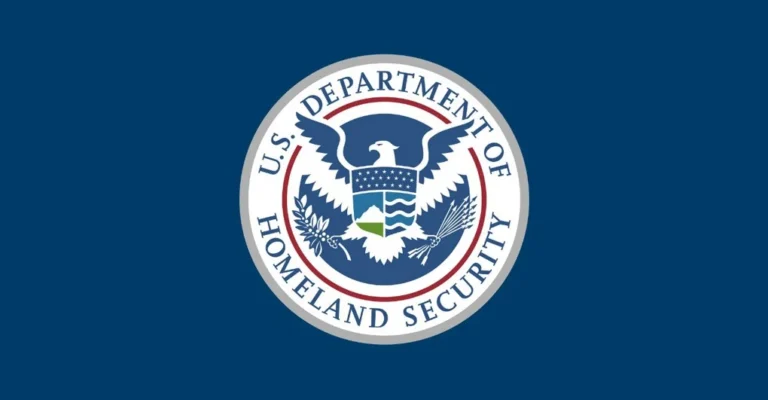The Department of Homeland Security (DHS) is a key part of the United States government, responsible for protecting the country from a wide range of threats. Created after the terrorist attacks of September 11, 2001, the department aims to safeguard the nation against terrorism, natural disasters, cyber attacks, and other emergencies. Since its establishment in 2002, the DHS has become one of the largest federal agencies, playing a central role in national security and emergency management.
The Department of Homeland Security was formed by merging 22 different agencies to improve coordination and efficiency in protecting the United States. This move was driven by the need to have a unified approach to national security threats following the September 11 attacks. The Homeland Security Act of 2002 officially created the department, which brought together agencies with diverse missions under one umbrella. The goal was to streamline efforts to defend the country and respond to crises more effectively.
The DHS is led by the Secretary of Homeland Security, who is appointed by the President and confirmed by the Senate. This leadership oversees a vast network of agencies, each with specific responsibilities. Among the most prominent are the U.S. Customs and Border Protection (CBP), U.S. Immigration and Customs Enforcement (ICE), the Federal Emergency Management Agency (FEMA), the Transportation Security Administration (TSA), the United States Secret Service, the Coast Guard, and the Cybersecurity and Infrastructure Security Agency (CISA). Together, these agencies cover a wide range of security tasks.
One of the main responsibilities of the Department of Homeland Security is counterterrorism. The DHS works to prevent terrorist attacks on American soil by monitoring threats, gathering intelligence, and securing critical infrastructure. The department also plays a crucial role in border security, working to prevent illegal immigration, human trafficking, and drug smuggling through strict controls at the nation’s borders and ports of entry. These efforts are carried out primarily by CBP and ICE, two agencies under the DHS that enforce immigration and customs laws.
In addition to security and enforcement, the DHS also manages disaster response and recovery. FEMA, a major DHS agency, coordinates federal assistance during natural disasters such as hurricanes, floods, wildfires, and pandemics. The agency provides resources and support to state and local governments, helping communities recover and rebuild after emergencies. The Department of Homeland Security’s role in disaster management has become increasingly important as extreme weather events grow more frequent.
Transportation security is another critical function of the DHS. The Transportation Security Administration, or TSA, was created shortly after 9/11 to strengthen security at airports and other transportation hubs. TSA agents screen passengers and luggage to prevent dangerous items from being brought onto airplanes and other modes of travel. This focus on transportation security helps protect millions of travelers every day.
Cybersecurity is an area where the Department of Homeland Security has expanded its efforts in recent years. The Cybersecurity and Infrastructure Security Agency, or CISA, is responsible for defending the country’s critical infrastructure against cyber threats. These include attacks on power grids, communication networks, and government systems. Protecting these vital systems is essential to national security and public safety.
Despite its critical mission, the Department of Homeland Security has faced criticism and challenges. One major area of concern involves immigration enforcement. DHS has been criticized for the treatment of immigrants, especially in cases involving detention centers and family separations. Advocates argue that some enforcement practices violate civil rights and human dignity. The department’s actions often spark debate over the balance between national security and individual freedoms.
Questions about the effectiveness and efficiency of the DHS have also been raised. Combining many agencies under one department has created challenges in communication and coordination. Managing such a large and complex organization requires constant effort to maintain clear goals and accountability. The department also receives a significant portion of the federal budget, which makes oversight and responsible spending important issues.
The Department of Homeland Security continues to evolve as it responds to new threats and changing national priorities. Its work touches many aspects of American life, from securing borders and airports to preparing for natural disasters and protecting cyberspace. The DHS remains a central figure in the nation’s efforts to keep its citizens safe and resilient in the face of risks.







